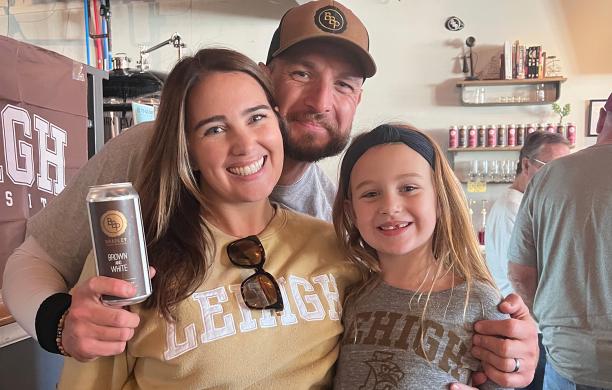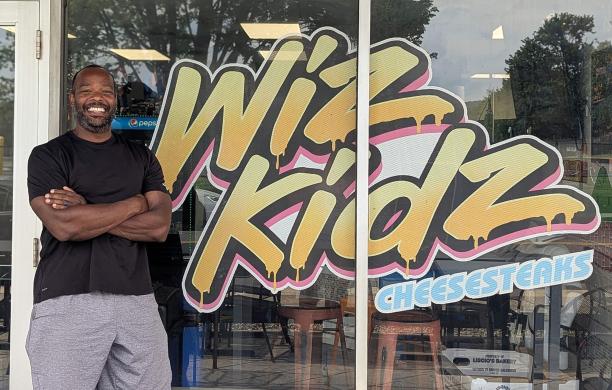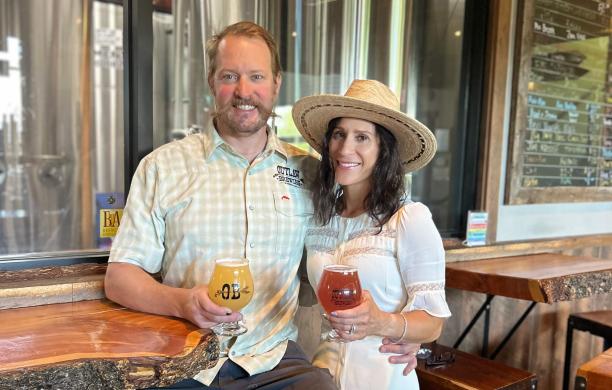You can easily say that sushi-making is in his blood.
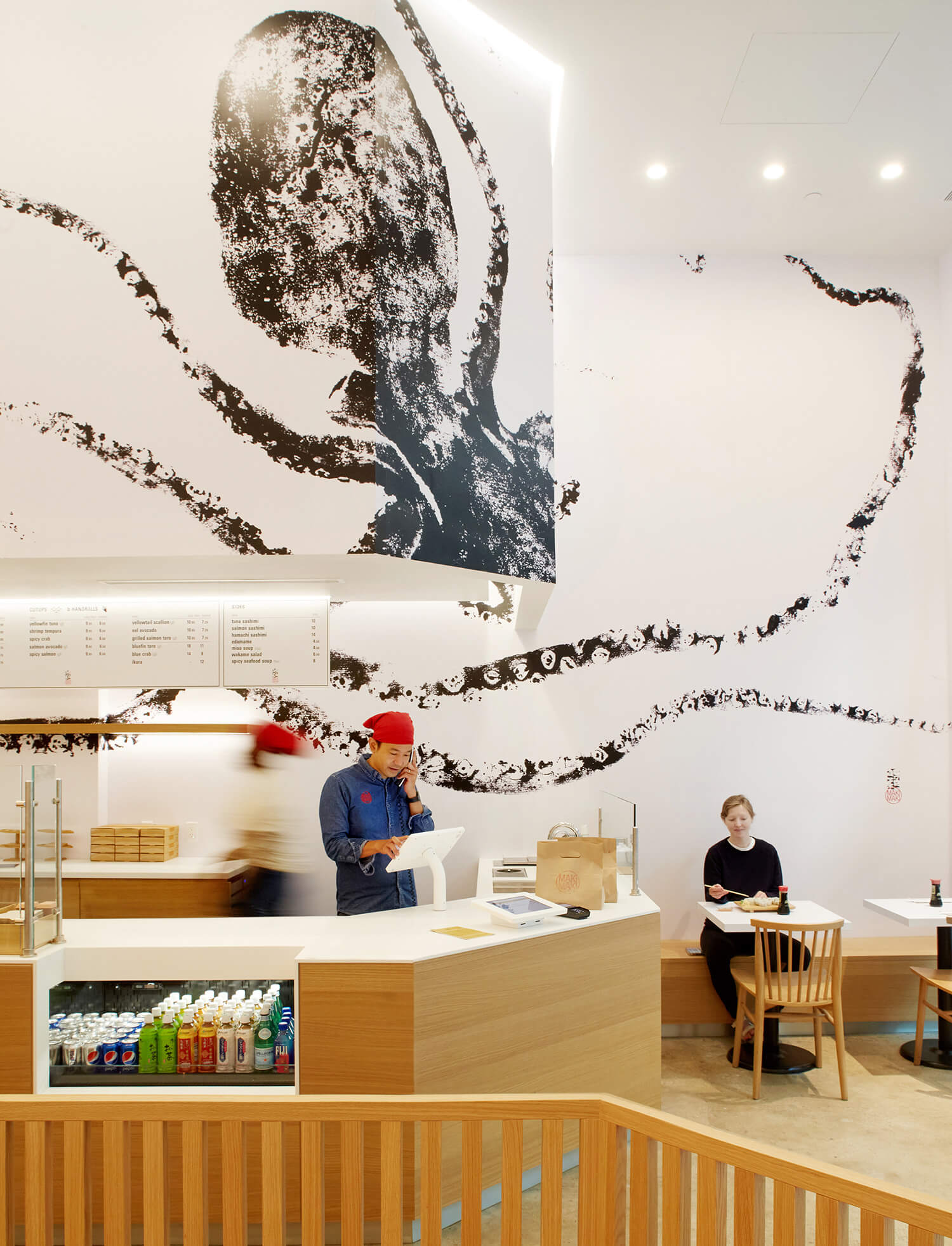
Born in Ohio and raised in Miami Beach, Kevin Takarada ’06G grew up working in his parents’ restaurants and learning the art of making sushi rolls. While he didn’t originally aim to follow his parents’ path, when he did, he did it in true engineer fashion.
From Engineering to Restaurant Ownership
Takarada knew early on that he did not want to be in the standard restaurant industry because of the long nights and weekends and no time off during the holidays. “Watching my parents work in the industry, I knew it was not conducive to family-building, so I decided that I would pursue engineering.”
After receiving a bachelor’s degree from Bucknell University, he worked at Honda for two years as a project engineer and then received his master’s degree in mechanical engineering from Lehigh.
Living in New York City, Takarada ended up pivoting to finance in 2008, and after 10 years of working in that industry, he wanted a change.
“I needed a different purpose than the daily routines of dealing in numbers,” says Takarada. “During this period of career doubt, while I was eating the same salad for a week, it dawned on me that there was no such thing as good, affordable, quick, fresh sushi, at least not in this city, and definitely not for lunch. A problem that I set out to solve.”
A Sushi Lover’s Dream Come True
The first MakiMaki Sushi opened in June 2017. It offers quality made-to-order traditional (maki) and cone-shaped handrolls (temaki) at everyday prices. Pulling on his prior experience working for his parents, Takarada applied new technology, new robots, and new processes to create an assembly line that produces sushi at some of the fastest speeds in the world. 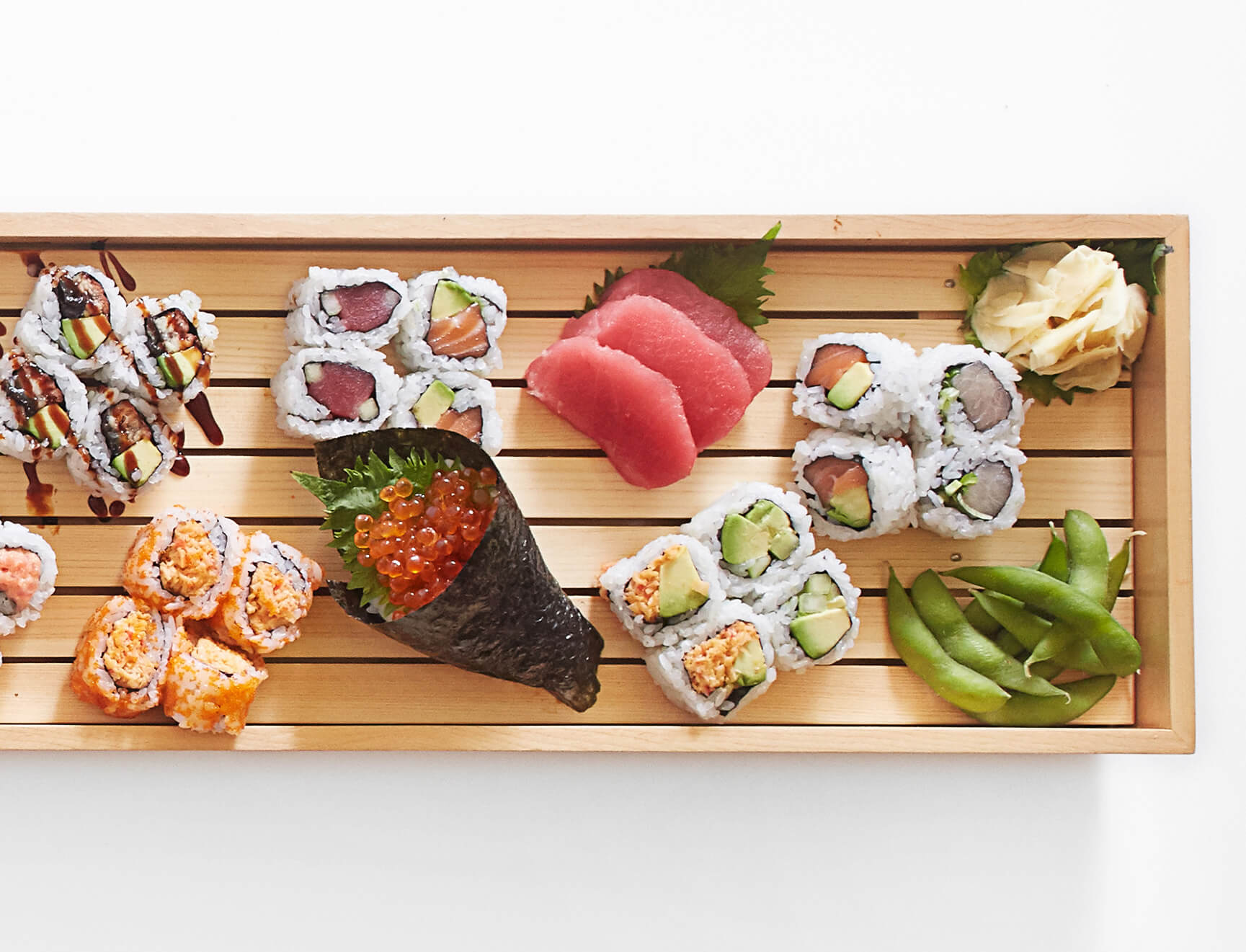
“It took over two years to develop, from conceptualizing and R&D, securing a location in Manhattan, to gut renovation construction, all while working full time on Wall Street,” he adds.
“My restaurant is unique in the sense that the operations are designed around robotics and my approach in making sushi. I instruct my team that MakiMaki is more of a manufacturing plant than it is a traditional sushi bar. We have three physical stores in Manhattan and are developing the fourth in the fall.”
The Ups and Downs
The COVID-19 pandemic decimated the restaurant industry in 2020. During the first week of March 2020, Takarada saw a 50% day-over-day drop in business when Midtown turned to ghost town by Friday. “It was an extremely challenging and harrowing experience, forcing me to hustle and pivot constantly to survive. But as they say, what doesn’t kill you only makes you stronger. It now takes a lot for me to become nervous or concerned with particular problems,” explains Takarada.
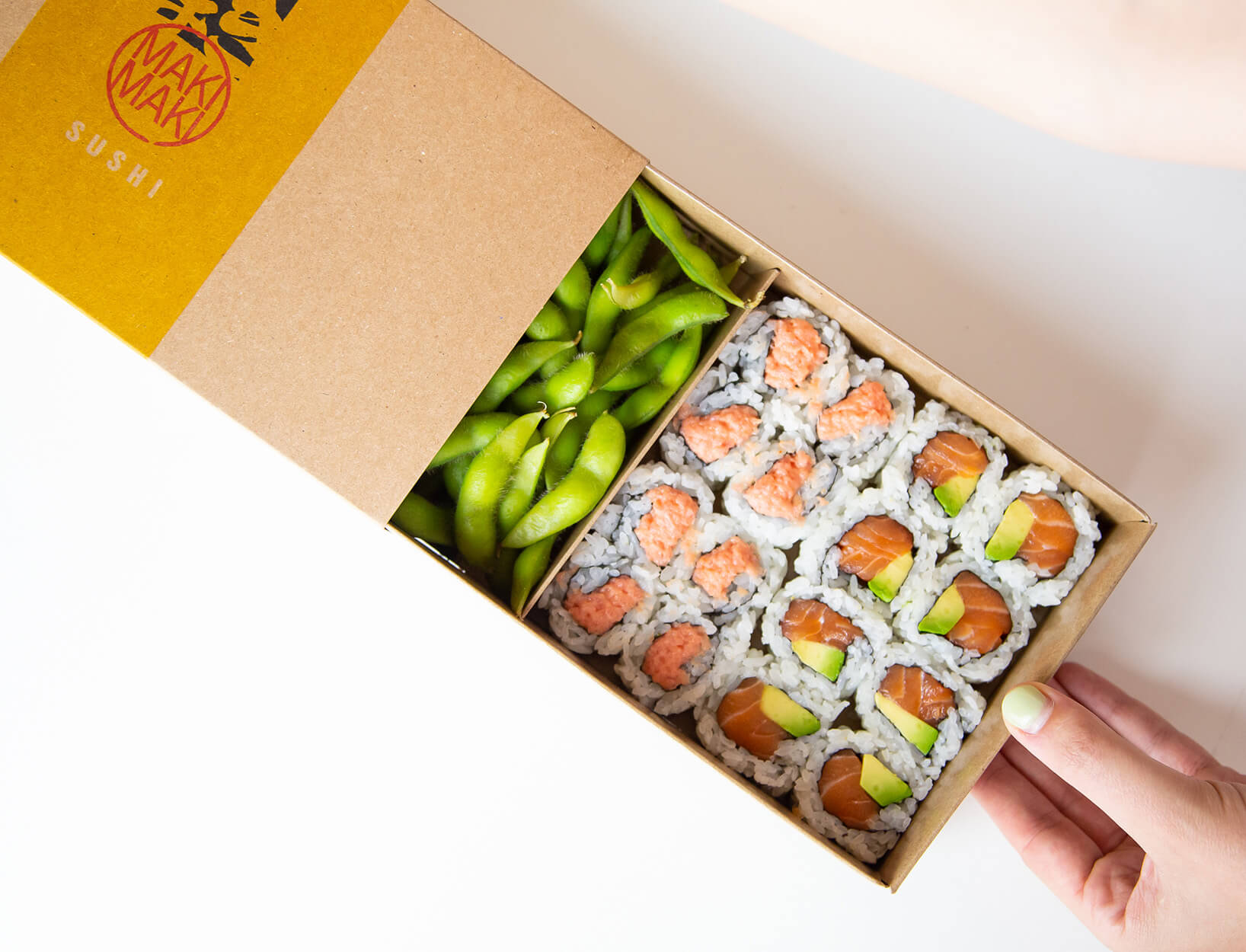 He believes you get what you put into a business, unlike working for a major corporation. “There is an ultimate joy of achieving success through the hard journey that precedes it, but you have to deal with all the problems and issues that come with it. For example, there are no days off for a business owner that wants to keep expanding.”
He believes you get what you put into a business, unlike working for a major corporation. “There is an ultimate joy of achieving success through the hard journey that precedes it, but you have to deal with all the problems and issues that come with it. For example, there are no days off for a business owner that wants to keep expanding.”
Takarada understands that the restaurant business is extremely tough, and the failure rates are well known to be in the 90th percentile.
“Given the competitiveness of the market, one has to have a strong edge to stand out from the crowd. So it is up to the proprietor to value that advantage — if it exists — and to make an educated decision of throwing a hat into the ring. This space, which MakiMaki occupies, is one that is growing.”
